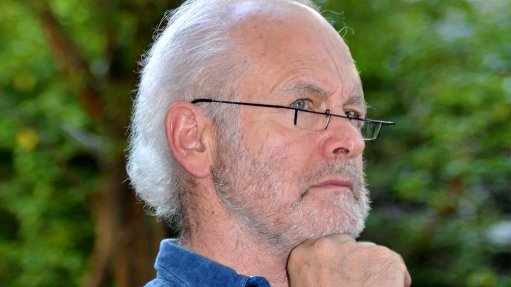
Raymond Suttner
This was initially prepared on the eve of the opening of parliament’s 2015 session. At the time, our consciousness had been bombarded with phrases like ‘paralysis of parliament’ a ‘disgraceful moment in South African democracy’ and the need to restore the ‘dignity’ or ‘decorum’ of parliament. These expressions and many more were a reaction to disruptions in parliament in 2014, unprecedented in South African parliamentary history, whether in the post-1994 era or in pre-democratic parliaments.
What exactly is the political and constitutional status of parliament in South Africa’s democracy and to what extent has it lived up to that expectation in the twenty years since its inauguration in 1994? What was the character and effect of events during 2014 (and during the State of the Nation Address in 2015)? What are their implications for South African parliamentary democracy?
Interestingly, this is not a question that has aroused the attention of the newly formed, NUMSA-initiated United Front, confirming the apprehension, expressed in earlier contributions, that what the Front considers radical action does not include defence of legality. Instead, their focus in public statements has mainly related to questions like the budget that are more directly related to class inequalities.
Download the full report above
Written by Raymond Suttner. He recently published Recovering Democracy in South Africa (Jacana Media). He blogs at raymondsuttner.com. His twitter handle is @raymondsuttner
[This is a revised version of work prepared for Heinrich Boll Foundation in February 2015]
First published by The Con